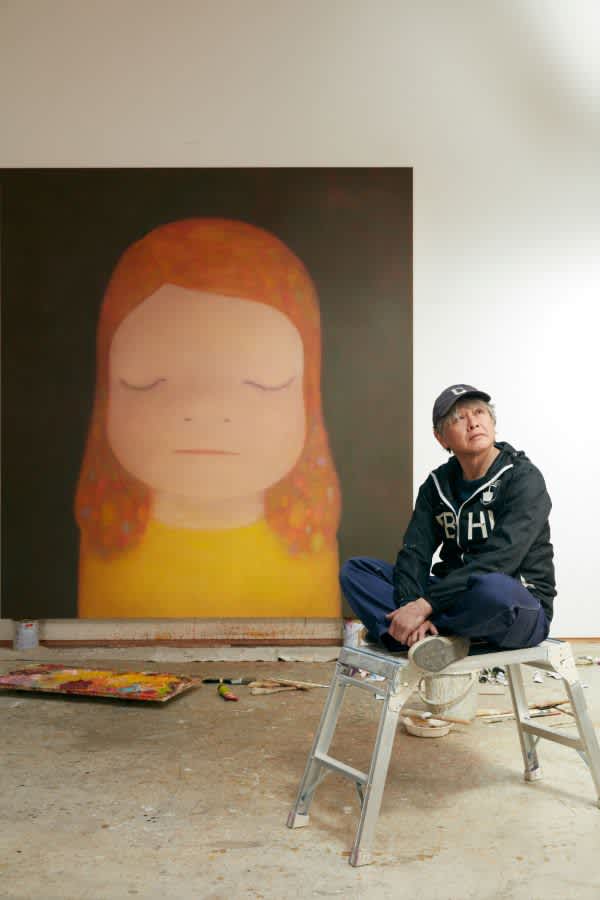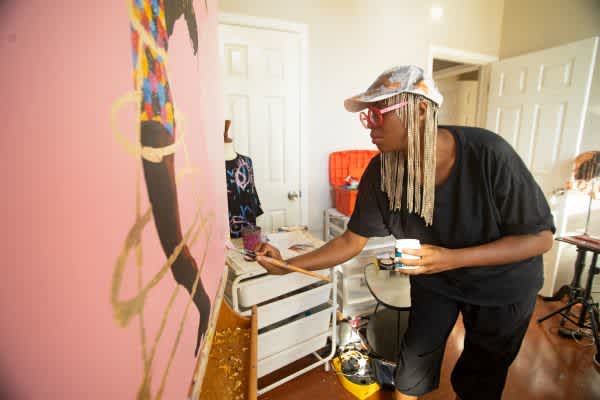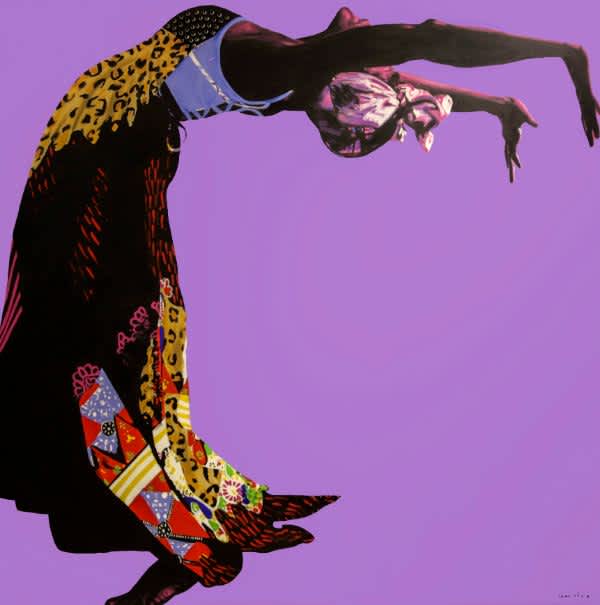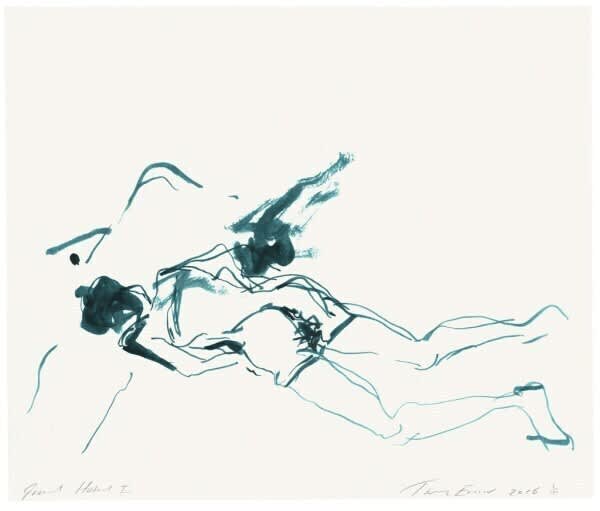Millennials have drastically changed the society we live in. Thanks to the youngsters’ modern input, we live in a digital world where viral trends constantly affect our social environment. Their impact has spread to the art world, too. How have young collectors shifted the way we discover and buy art?
A 2021 report from Art Basel and UBS shows that the key spenders in the art market in 2020 were young collectors. The report says that 30% of millennial collectors (born between 1981 – 1996) have spent over $1 million on art, with an average spend of $228,000. Yet, we see a shift in the way people select art, and what meanings they pull from their acquired treasures. This also impacts art dealers, art galleries and auction houses, which find themselves needing to adapt to changing attitudes and catering to the ever-shifting buying habits of collectors, as 95% of them report that the emotional benefit, i.e. their passion for the artwork they are buying, is an important factor in their collecting.
Once Hidden, Now in the Spotlight
Global digitalisation has made it easier than ever for collectors to connect with artists who make work which is relatable. Issues such as identity are a key part of the emotive motivation behind collectors’ buying decisions. Artworks by artists who have been historically dismissed from institutions are now enjoying worldwide attention, and are trendier sellers than Old Master paintings, due to the shift in collective political and ethical views within the community of young buyers. There is not one gallery, museum or other fine art institution which has not dedicated at least one exhibition featuring works by Black artists. A prime example is the upcoming show at Maddox Gallery titled What Lies Within Us, which serves as an exploration of selected Black artists’ journeys towards uncovering the layers which constitute their identities. As the world has shifted towards being more socially conscious, this means not only an increased viewing interest, but also an increased value in the works of marginalised artists.
The Female Creator
Another trend we observe is a focus on female artists. Encouraging women to produce work is definitely part of the motivation behind a modern collector’s decisions to buy, and is what differentiates young collectors from their predecessors. We see exhibitions where themes are centred around feminist issues, and, no matter our role in the art world, we try to do our best to support women artists, as the world wasn’t always as inclusive as it is today. Artists such as Louise Howard and Dawn Okoro, both featuring in Maddox Gallery’s upcoming show What Lies Within Us, provide a fresh perspective on how a female can reclaim the position of a creator. Artists such as Tracey Emin have made history with their revolutionary works, with her most famous work My Bed fetching $2.5 million at auction. We observe this positive shift in the art market with satisfaction, and we only hope that it continues going strong and elevates female artists to their well-deserved places in the art world.
Social Good and Ethical Collecting
According to the Wealth-X report from 2021, over a fifth of the wealthy population shows an interest in philanthropic activities. Well-known contemporary artists are using their voices to start a conversation on societal issues which are important to all of us, such as inequality and poverty. Young collectors like to invest in pieces which symbolise social justice topics, and this in turn has a positive effect on the artists who make this kind of work. An example of an artist working in this context is STIK. Once homeless, he has now gained popularity for his loveable stick drawings. He makes his work for the most genuine of reasons – to give back to the community which supports him. He also donates the proceeds from his sales to sheltered housing associations, where he once used to live. This teaches us a lesson on philanthropy, and entices interested buyers to support the good cause. STIK’s work and its popularity is an example of the way young collectors are adopting good ethics in their collecting habits.
Warm and Fuzzy Feelings
Nostalgia is a feeling which fuels a collector’s desire to select work that reminds them of the cherished past, and young collectors are no different. According to the Hiscox Online Art Trade Report 2019, people in their twenties and thirties want to experience an emotional connection to the art they acquire, and this is their key motivating factor for buying. Artist Yoshimoto Nara, who will feature in Maddox Gallery’s curated group show Kawaii, is a prime example of art makers who respond to a collector’s search for art that makes them reminisce. Nara’s paintings depict children who are both adorable and sinister, and contain typical childlike traits such as puffy cheeks, big, puppy eyes and a small mouth. A collector looks at these cartoonish paintings and smiles, feeling warm and fuzzy, and nostalgic about their childhood. Work of this kind falls within the global trend of kawaii, of people’s cult for cute things, and increases a buyer’s desire to own cute art, happily investing into a visual reminder of their youth.

YOSHITOMA NARA IN HIS STUDIO


















